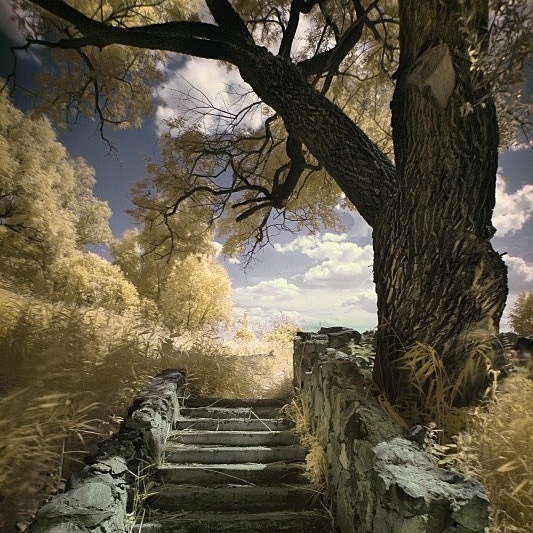The History They Knew
 "Remember the law of Moses."Malachi
"Remember the law of Moses."MalachiI talked in It Was Not History Then about avoiding the unconscious mistake of making the historical period you are writing about seem too novel to the characters. Now I am going to talk about what was history for them, and how to incorporate that into your novel.
First of all, you have to know your history. A character can't know what the author doesn't know. I don't think I have to engage in the whole "history is fun, really it is" spiel. I think just about everyone following The Penslayer already has a deeply abiding love of history and is willing to go out of the way to learn it as a matter of enjoyment, not just a matter of research. To write a novel in a time period, one does often have to do research; to incorporate history into that time period, one has to know a lot more: one has to have, essentially, the entire range of human history to draw from. Moral of the story: don't confine yourself to a single period of history in which to study. Learn everything you can!
Note: as a caveat, keep in mind that while you may have that vast range of knowledge to draw on, your character might or might not depending on his education. An illiterate man may reference Aesop's Fables, but he will probably not draw conclusions from Plato's Republic.
Pertinence. You would be surprised the pertinence of historical happenstances on the circumstances in a novel. I found a few quiet ones cropping up in Adamantine; in Plenilune I had to practically sit on a character to keep him from snapping off names and places, old, unhappy, far-off things and battles long ago. Many got through, and I left them (which also returns to a point I raised in It Was Not History Then), but they arose because the character's brain was awash with histories and peoples - as well as philosophies and theologies, fables and riddles and whathaveyou. If the shoe fit, he put it on. If the moment corresponded to something that had happened in the past or former generations, or a comment linked with a thought of a great man who had come before, he made the connection.
Note: my brain is also awash with histories, people, philosophers, theologies, fables, riddles, and whathaveyou, which gives people the confused impression, as everything is thrown into my mind and out again in a hapless jumble, that I am more intelligent than is really the case.
For those of you writing historical fiction, please don't despair! It is a true saying that history repeats itself. The more history you learn, the more you will find things happening in your stories that resemble, however unintentionally, problems and solutions that man has faced in the past. If you keep your eyes open, you'll see them.
Note: for those of you who may be thinking this is an exercise good only for writing, let me disillusion you. A steady and wide study of history is also a study of God's work with man, and I have continually found it helpful in life to be able to hold up history to God's self-revelation in the scriptures and discover what the two can tell me together.
Published on February 26, 2013 10:54
No comments have been added yet.



